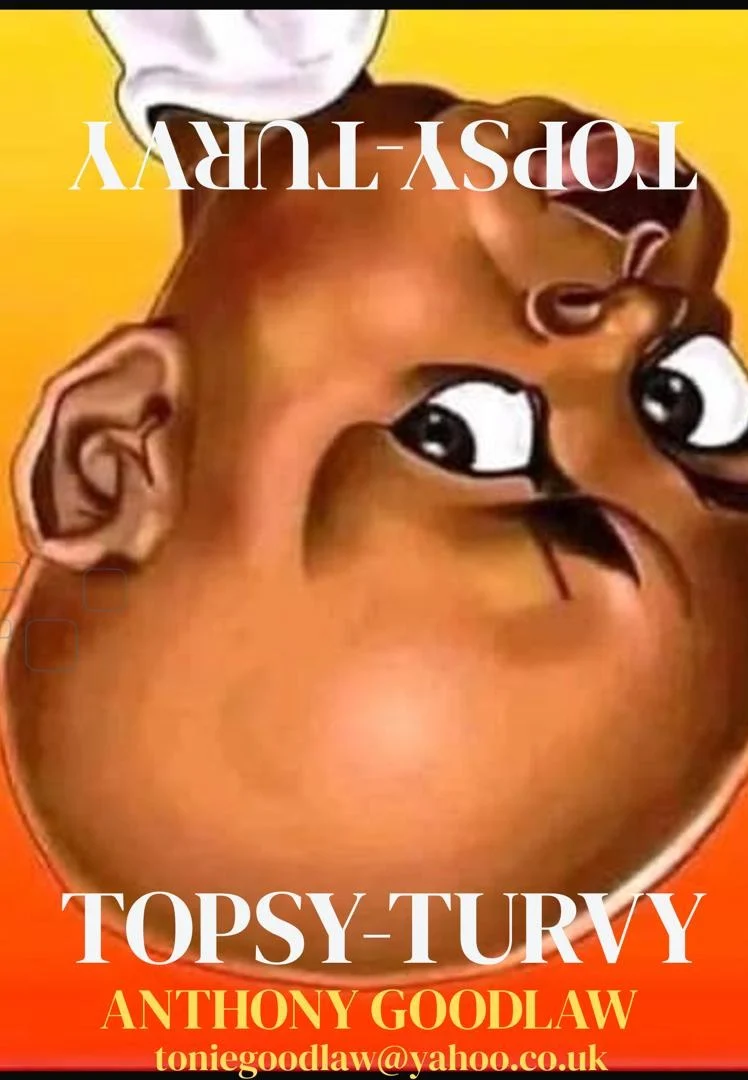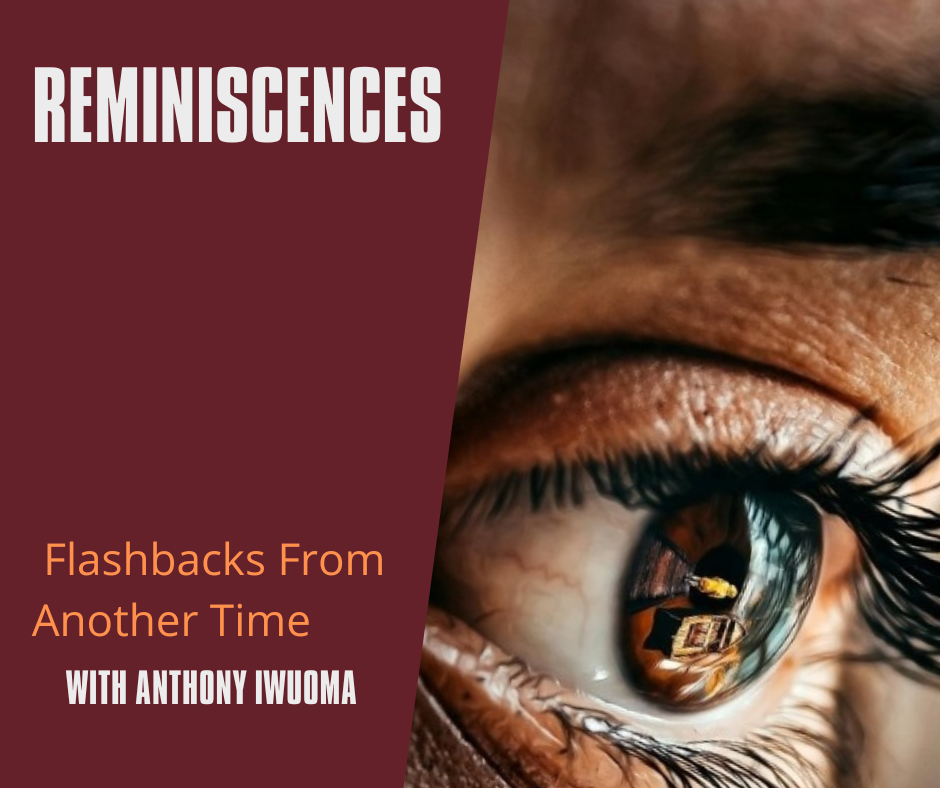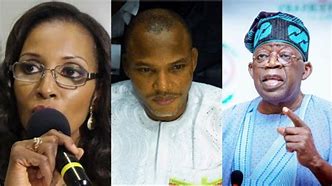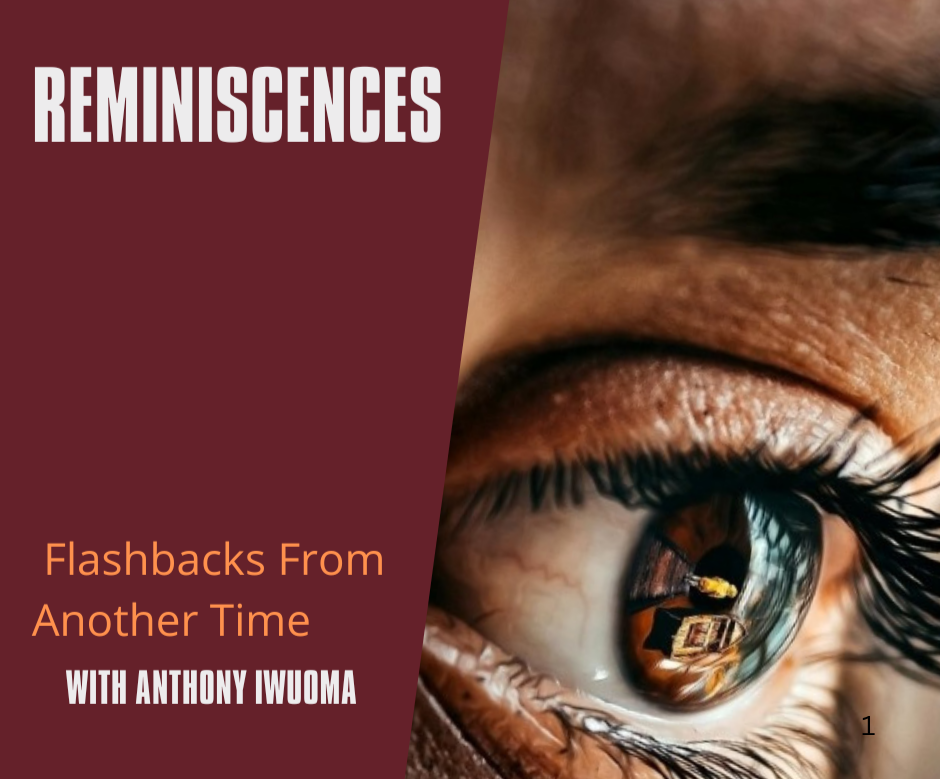
By Publisher
Kindly share:
A certain air hovers around Rivers State. It is an indefinable air, heralding the return of Siminalayi Fubara, the state governor, from a six-month exile from power.
There are political comebacks, and then there is this saga of Rivers State. In most democracies, the return of a governor to office after a political tussle would be described as a resumption of duties, a continuation of governance. In Rivers State, however, it resembles more of a hostage video than a triumphant restoration.
The man has returned, yes. But his authority? His independence? Those seem to have been left behind in the custody of godfathers and power brokers who now run the show with all the subtlety of stage managers in a badly directed Nollywood drama.
This, dear reader, is not a story of democracy. It is a story of captivity dressed up as democracy; democracy by another name.
The scene was set with pomp: statements issued, cameras summoned, and headlines rehearsed. “Governor Resumes,” they proclaimed. But anyone with eyes could see that this was less a resumption than a parole hearing gone right.
Fubara returned to the governor’s chair, but not as its master. He returned like a tenant whose rent was paid by someone else, grateful to sit, but careful not to touch the furniture without permission.
His speeches may carry the weight of approval stamps. His silences may speak louder than his words. His policies, where they existed at all, smelled faintly of compromise, as though they were written by committees and edited by unseen hands. He was governor in name, but in practice he was a custodian of the office; a man free to smile for the cameras, free to shake hands at ribbon cuttings, but not quite free to govern.
It was governance on supervised release, a strange new category of leadership in which the state’s highest office is simultaneously occupied and vacant.
Rivers politics has always had a flair for drama, but this season’s production outshines even its predecessors. The governor, stripped of the commanding aura that should come with electoral victory, now functions like the lead actor in a play he did not audition for.
Around him, the ensemble cast does its work with precision:
The Godfather: The invisible scriptwriter, whispering lines from behind the curtains, pulling strings with the patience of a puppeteer.
The Legislature: A well-rehearsed chorus, chanting when commanded, heckling on cue, occasionally breaking into dance when the drums of patronage beat loudly enough.
The Judiciary: Costume designers of legality, altering the robes and props as needed to make the farce appear constitutional.
The People: The reluctant audience, forced to buy tickets to the show with their taxes and their hunger, watching their collective future acted out as comedy.
Everyone knows their role. Everyone plays their part. The only tragedy is that the play never ends.
Textbooks once taught us that democracy is government of the people, by the people, for the people. But those textbooks clearly never visited Port Harcourt. In Rivers, democracy has undergone an industrial redesign.
It is now government of the powerful, by the powerful, for the stakeholders. The ballot no longer selects leaders; it merely provides placeholders. Elections are auditions for actors who will later be cast according to the preferences of producers in smoke-filled rooms. The will of the people is reduced to background noise, like a generator humming in the distance while deals are struck indoors.
The tragedy is not that this new system exists. The tragedy is that it dares to call itself a democracy. It wraps itself in constitutional fabric, sprinkles legitimacy on its wounds, and parades itself as the genuine article. But anyone watching closely can tell: this is not democracy. It is democracy renamed, democracy in chains, democracy rehearsed for the benefit of sponsors.
And yet, amid the absurdity, the people clap. Nigerians are world champions at applauding survival, and Rivers people are no different. “At least, he has returned,” they say. “At least, we have a governor.”
The bar of expectation has been lowered so far that even the return of a captive is mistaken for a triumph. Never mind that the state still groans under unemployment, that infrastructure collapses like soaked garri, that hunger prowls the land like a stray dog. The governor is back. The headlines say democracy is alive. And in a country where laughter is sometimes the only affordable medicine, why not clap?
So, they clap, with empty pockets, with shrinking loaves of bread, with fuel prices climbing like monkeys on palm trees. They clap because what else is left to do? To cry would be to acknowledge despair; to clap is to pretend hope is still on the menu.
This is nothing but chains beneath the agbada. Of course, chains are not always visible. They can be hidden beneath fine fabrics, beneath the regalia of office. The governor’s agbada may flow freely, but beneath it clinks the sound of shackles. Shackles of obligation to the godfathers who made his “return” possible. Shackles of compromise with legislators who can turn him into a lame duck overnight. Shackles of dependence on a system where obedience is rewarded with survival and defiance is punished with political death.
What sort of leadership is possible under such conditions? What vision can survive when every decision must be pre-approved by unseen hands? Governance in Rivers has been reduced to risk management; the governor managing the risk of being unseated, the people managing the risk of complete neglect. It is a state governed not by policies, but by negotiations.
One almost wants to laugh, if only to keep from weeping. The whole affair has the feel of absurdist theatre, where meaning collapses and satire writes itself. The governor returns, but with less authority than a local government chairman. The people cheer, but with the desperation of passengers applauding a pilot for landing a plane missing two engines. The sponsors boast of compromise, but what they truly celebrate is conquest.
And yet, the play continues. The actors remain in costume. The audience stays seated. Because in Nigeria, the show must go on, even if the stage is collapsing.
And so, Fubara returns, not as a conquering hero, not as the architect of a new Rivers, but as the reluctant custodian of a rented throne. He wears the title of governor, but the collar of compromise. Governor Fubara, a governor in office, a captive in spirit, a mascot of a democracy that has mastered the art of breathing without living, is the paradoxical fate of being both ruler and captive. He is both a symbol of democracy and a testament to its captivity.
Rivers State has its governor again. Nigeria has its democracy again. And both are still in chains.
And the people? They clap, they pray, they hope. Because in Rivers, as in Nigeria, democracy is not dead. It is simply renamed.





